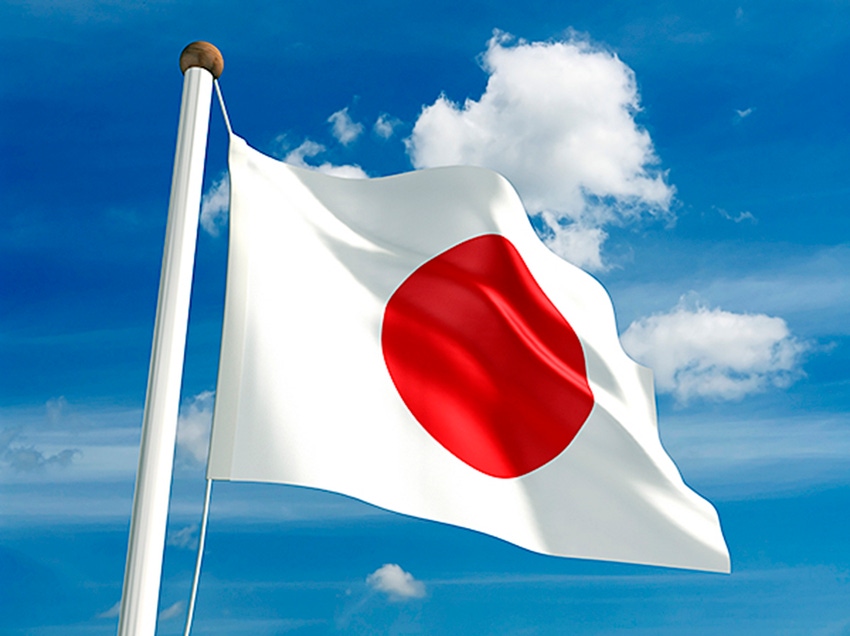CPTPP, new EU agreement putting U.S. pork at a disadvantage in Japan
The most immediate impact of these two agreements is the reduction of Japan’s tariff rates for seasoned ground pork and processed pork products.
April 15, 2019

Today, U.S. Trade Representative Robert Lighthizer and Japan’s Economy Minister Toshimitsu Motegi kicked off two days of trade negotiations, an event the U.S. Meat Export Federation president and CEO says shows that the U.S. pork and beef industries are serious about remaining competitive in the country.
“By far our largest trading partner on beef and pork is Japan, the No. 1 market and has been for a long, long time. The combined market on the two species is over $3.5 billion annually in sales,” says Dan Halstrom. “The reality is even though we are setting records today on beef into Japan, we are at a severe disadvantage because we are not a part of the CPTPP.”
U.S. beef is already at a significant tariff rate disadvantage in Japan compared to its largest competitors, including Australia, that are part of the Comprehensive and Progressive Agreement for Trans-Pacific Partnership. Other major beef suppliers participating in the CPTPP are Canada, New Zealand and Mexico. Japan imposes an import duty of 38.5% on U.S. beef, while the rate for CPTPP countries is 26.6%. The CPTPP rate will decline to 9% over the next 14 years.
On the pork side, the U.S. industry is disadvantaged not only by the CPTPP (where the major pork suppliers are Canada, Mexico and Chile) but also by a new economic partnership agreement between Japan and the European Union.
“We have two categories in particular that are already seeing dramatic impacts today. One is seasoned ground pork, it’s an 100,000 metric ton market for U.S. pork, mainly boneless picnics as the raw material and we are already seeing our shares start to erode,” Halstrom says. “The other area is our pork processed meats area. We have several members that are very active in Asia, specifically in Japan, and they are seeing an impact there where we are at a duty disadvantage.”
Seasoned ground pork from the United States faces a 20% duty in Japan compared to 13.3% for EU and CPTPP suppliers, and their rate will fall to zero by 2023. The CPTPP and EU duty rates for sausages entering Japan will also fall to zero by 2023, and for ham and bacon the rate will reach zero by 2028.
Not to leave out fresh and frozen primal cut pork, Halstrom says it’s a complicated system but the United States is also slowly getting less competitive on those products as well.
“It is imperative that we get negotiations started and the fact that we are starting is very, very good news because it is showing our trade partners in Japan, our customers, that we are serious about getting on a level playing field with our international competition, like Australia,” Halstrom says.
Source: U.S. Meat Export Federation, which is solely responsible for the information provided, and wholly owns the information. Informa Business Media and all its subsidiaries are not responsible for any of the content contained in this information asset.
About the Author(s)
You May Also Like



